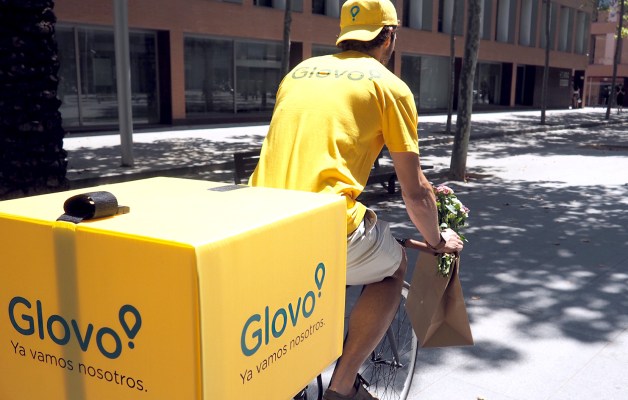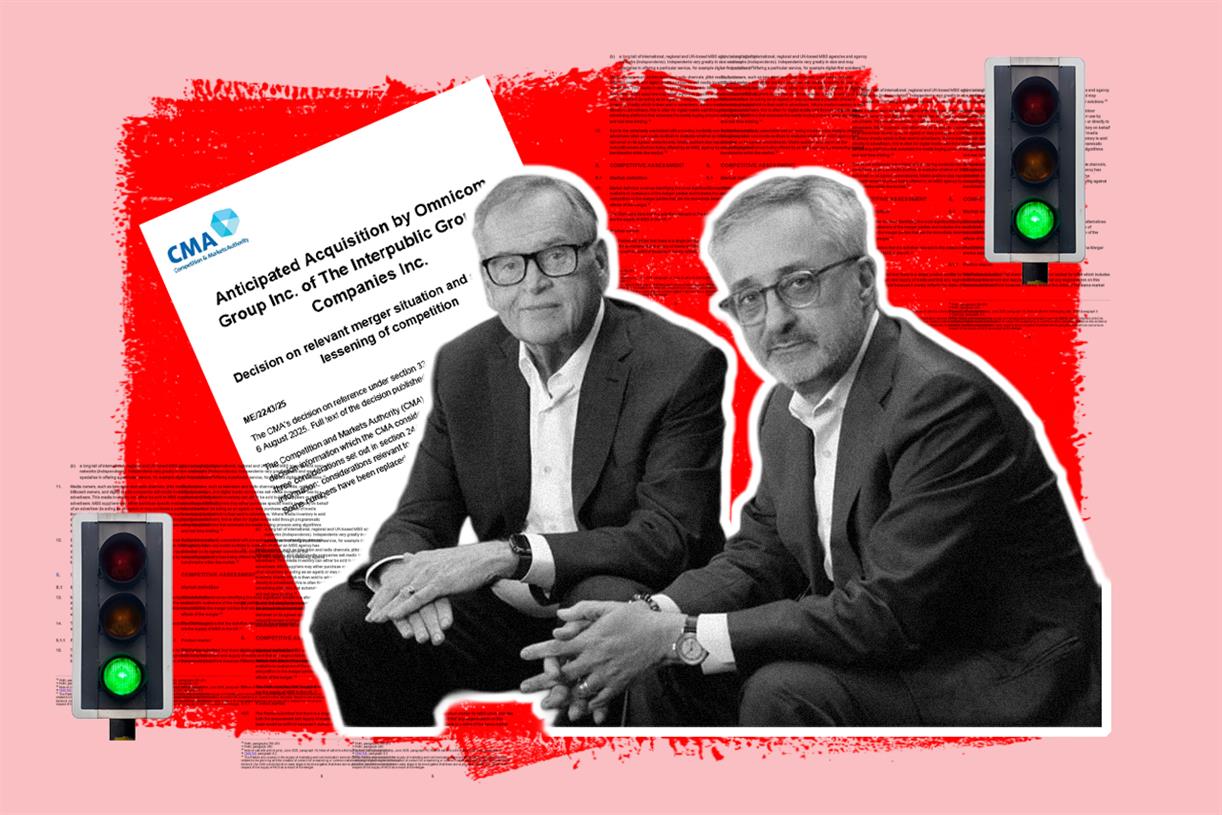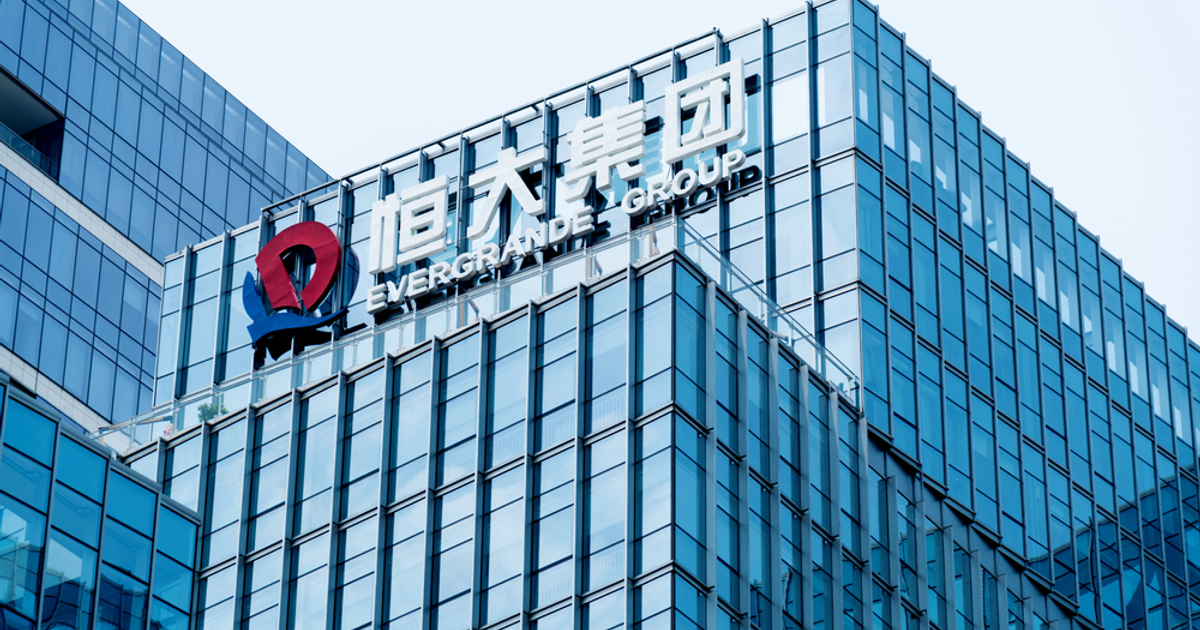Google contractors say a recruiting company has been systematically skimming their pay
Illustration by Alex Castro / The Verge‘Unless you initiate the investigation and make the case, nothing happens,’ one contractor says Continue reading…

/cdn.vox-cdn.com/uploads/chorus_image/image/70947173/acastro_201005_1777_googleAntiTrust_0002.0.0.jpg) Illustration by Alex Castro / The Verge
Illustration by Alex Castro / The Verge
‘Unless you initiate the investigation and make the case, nothing happens,’ one contractor says
A group of Google contractors says they’ve been underpaid by the agency that recruited them, resulting in thousands of dollars in unpaid wages per affected worker. The earliest reports occurred as long ago as 2019, and workers say the payroll errors are happening so regularly that they believe it to be a kind of systematic wage theft.
Guy Mylius, a contract employee in the Bay Area, found out about the issue four months into his job, when co-workers recommended he check his pay stub against the contractor’s work order. When he followed their advice, he discovered he’d been contracted for 50 percent more money than he’d been making.
“I found out they had been paying me $20 an hour, but they were telling Google they were paying me $30.08 an hour,” Mylius says. “That was in the middle of March, and basically they haven’t done anything about it.” Applied over his six-month term at Artech, the discrepancy added up to more than $10,000.
Mylius and his colleagues were doing work for Google — producing help pages for the Google Help Center and other internal support tools — but they were employed through a series of nesting contract agencies. Google uses Accenture’s Flex program (among other contractors) to scale up for support content. Accenture contracts with a separate company called Artech to recruit and onboard suitable workers.
That system meant that Mylius and his colleagues were officially employed by Artech — even as they were working on Google products as part of teams run by Accenture. But workers say those nesting subcontractor arrangements opened the door for abuse. In theory, Accenture had set the pay rate for each role in a work order document before the hire was made. But many found that the rate on their pay stub was $5 to $10 lower than the specified rate.
The Verge spoke to four different Google contractors who had experienced a pay discrepancy — and those workers say there are many with the same experience. In most cases, workers were either completely unaware of the underpayment or believed it to be an isolated incident. It was only when they started comparing experiences that they realized how common the underpayment really was.
“This seems to be a pattern,” Mylius says. “It’s not just that this was an error on my paycheck. I’ve personally talked to five or six people who are at Accenture who have had the same experience.”
Sometimes called Google’s “shadow workforce,” contractors make up a growing portion of the company’s workers, including programmers, graphic designers, human resource employees, and other jobs outside the core engineering teams. Because the workers are not officially Google employees, they’re often left out of the benefits available to official staffers.
Reached for comment, Artech says all employees were paid “in accordance with their employment agreements,” per an internal investigation of the complaint. “Accordingly, at this time Artech denies the allegations in their entirety,” says Artech general counsel Eric Szoke. “With respect to Artech’s contractual terms with its client, that is a confidential matter between Artech and Accenture.”
Shortly after Artech sent the statement, Mylius received his back pay in full from the company. No explanation was given for the timing of the repayment.
Reached for comment, Accenture says it was investigating the claims to ensure all employees were properly paid. “We are committed to ensuring our service providers are paying their people working for Accenture in alignment with our requirements,” Accenture representative Stacey Jones said in a statement. “We are looking into this matter.”
The earliest known example of the wage discrepancy comes from Laura Greene, a Google contractor who was recruited through Artech in 2019. Eager to break into the industry, she was willing to accept the $25 an hour pay rate listed in the job description — although it made life in the Bay Area nearly unsustainable. The job went well and, in a few months, she was approached to move onto Accenture Flex officially.
“I said, ‘If you bring me in, I need to be making more money. This $25 is not enough,’” Greene remembers. Her supervisor at Accenture was surprised and told her the work order listed her pay at $29 per hour. “If I hadn’t engaged with her and asked for more, they would have brought me on at that same amount and I would have never known.”
Greene ended up getting her back pay, but the incident left her wondering how many others were involved. More recently, she started sharing her experience with other contractors, organizing them into a loose confederation. Some have gotten back pay — others haven’t — but everyone has been grateful for the chance.
“Unless you initiate the investigation and make the case, nothing happens,” Greene says. “No one tells you anything.”
One of those workers was Kaitlyn Blaylock, who was brought on as a contractor for a role a full year after her initial assessment. She pushed for a higher salary than the $25 per hour found in the job listing, but she was told there was no room for negotiation. Seven months later, as she transitioned to Accenture Flex, she found out her listed pay rate with Accenture was $30 an hour.
After forcing the issue with multiple people in the company, she eventually got her back pay, but the experience left her shaken. “I legitimately think that they are skimming off the top,” she says. “They are not expecting people to find out, and for the few people that do find out, they just pay it and make it go away.”
Reached for comment, Google emphasized that its general business standards (including provisions around ethical standards and wages) also apply to subcontractors. “We take our supplier relations seriously, and they must adhere to Google’s Supplier Code of Conduct,” says Google representative Courtenay Mencini. “Our suppliers manage their employees and the terms of their employment directly, including wages. If a supplier decides to subcontract work through another company, our policies still apply.”
None of the Artech organizing has officially come through the Alphabet Workers Union, the organizing group within Google that went public in January 2021, but it builds on the group’s long-running efforts to build bridges with the company’s temp and contractor workforce. Many of the contractors are members of AWU, including Greene, but she describes the pay rate issues as “a separate track” from the broader organizing.
Still, she says there’s been remarkable solidarity between the workers she’s talked to, which can be a powerful force in convincing them to step forward. “We were trying to file ethics complaints, we were trying to do all this stuff,” Greene says, “but we were doing it together so it didn’t seem as scary.”

 ValVades
ValVades 































